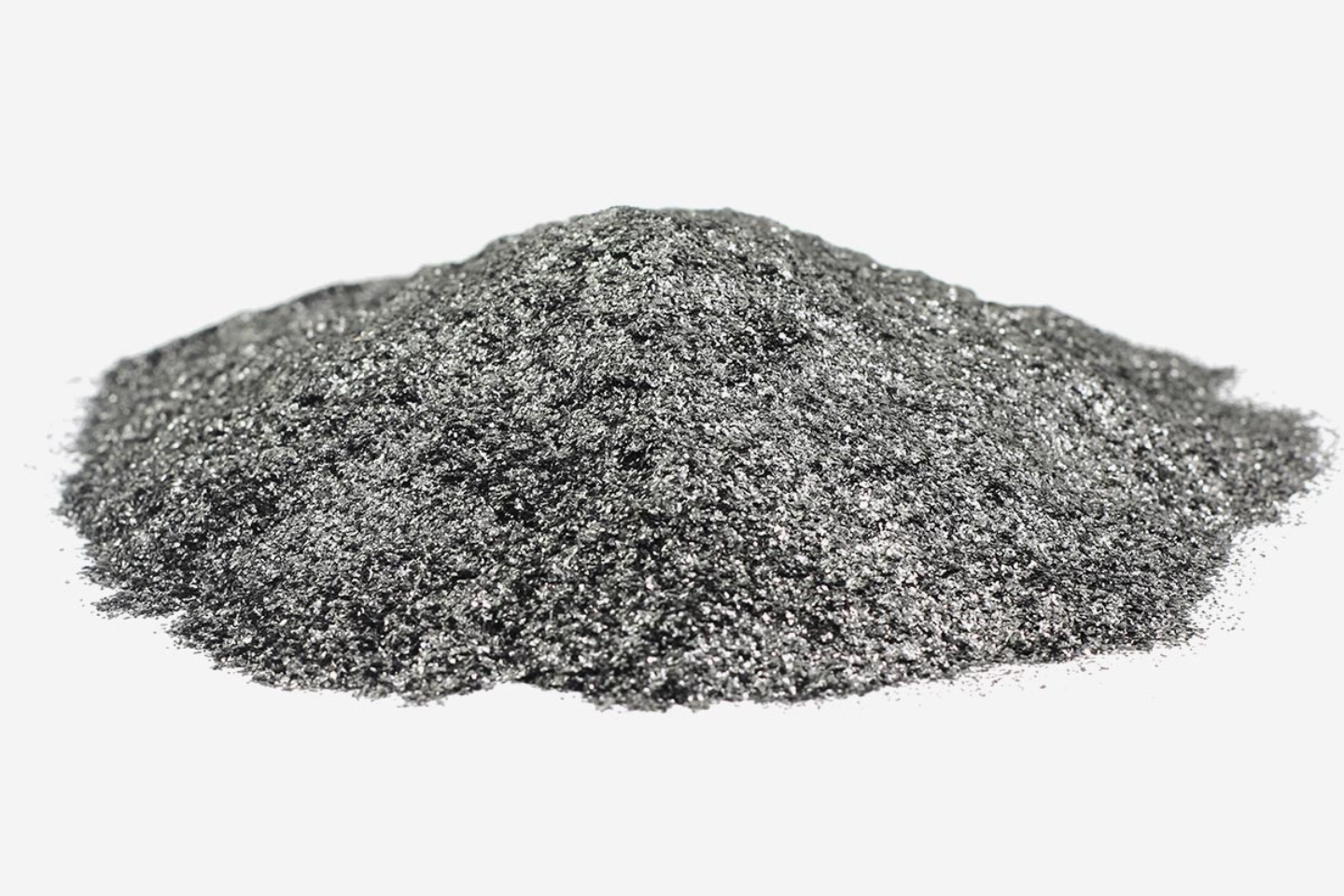Quantum Graphite and its JV partner, Sunlands Co are pressing ahead with plans to develop thermal energy storage cells using natural flake graphite after launching independent test work to accelerate the commercialisation of the technology. According to the company, the devices could provide long-duration energy solutions and play an integral role in delivering stable and flexible energy to grids dependent on renewable power.


Quantum Graphite and its joint venture partner, Sunlands Co are pressing ahead with plans to develop thermal energy storage, or “TES”cells using natural flake graphite after launching independent test work to accelerate the commercialisation of the technology. According to the company, the devices could provide long-duration energy solutions and play an integral role in delivering stable and flexible energy to grids dependent on renewable power.
The impartial program is being completed by the Institute for Nonferrous Metallurgy and High-Purity Materials at its facilities in Freiberg, a town in the German State of Saxony.
The test work program involved running heat cycles on the material at temperatures beyond 2,000 degrees celsius and was completed alongside the operations project engineers, ProTherm Systems.
The high operating temperatures were designed to mimic the conditions that exist within a TES cell during its charging and discharging phases. According to Quantum, the program could add a raft of new information to previously acquired data that was generated through a previous study.
Work to date has been limited to tests involving temperatures of around 1,500 degrees celsius.
The company says the scope of the research has since been expanded to include the heat transfer fluid, that is an inert gas contained within Sunlands Co's thermal energy storage cells, in addition to the coarse flake material.
Quantum is looking to develop the cells using graphite obtained from its Uley resources on the Eyre Peninsula in South Australia through a joint venture with Sunlands and says fresh samples from its inventory will be mobilised to Freiberg to permit additional testing in due course.
The partners believe the high-purity natural flake graphite found at Uley is central to its downstream processing and utilisation technologies required to develop TES battery cells.
Quantum and Sunlands estimate the initial results from the looming program should be on its books by September 2022.
South-Australian based Quantum has also boosted its Australian roster with more staff to support its German test work ahead of the launch of operations at a pilot plant that could drive the operation forward.
Thermal energy storage cells are devices that temporarily store energy to be used later for power generation. The technology can be used to balance changing energy demand caused by the variable nature of renewable energy output.
Low carbon energy production methods such as wind and solar power generation are integrally unstable and it is believed that both systems might benefit from the flexibility and stability afforded when paired with TES batteries.
Quantum Graphite has been on a tear of late, with the company’s share price recently surging more than 200 per cent following the producer's return to the ASX after a 15-month hiatus.
The business also recently announced plans to ramp up its graphite hunt to supplement its newly updated Uley 2 and Uley 3 resources, that include a colossal 7.2 million tonnes of 10.5 percent total graphitic carbon.
Is your ASX-listed company doing something interesting? Contact: matt.birney@businessnews.com.au












